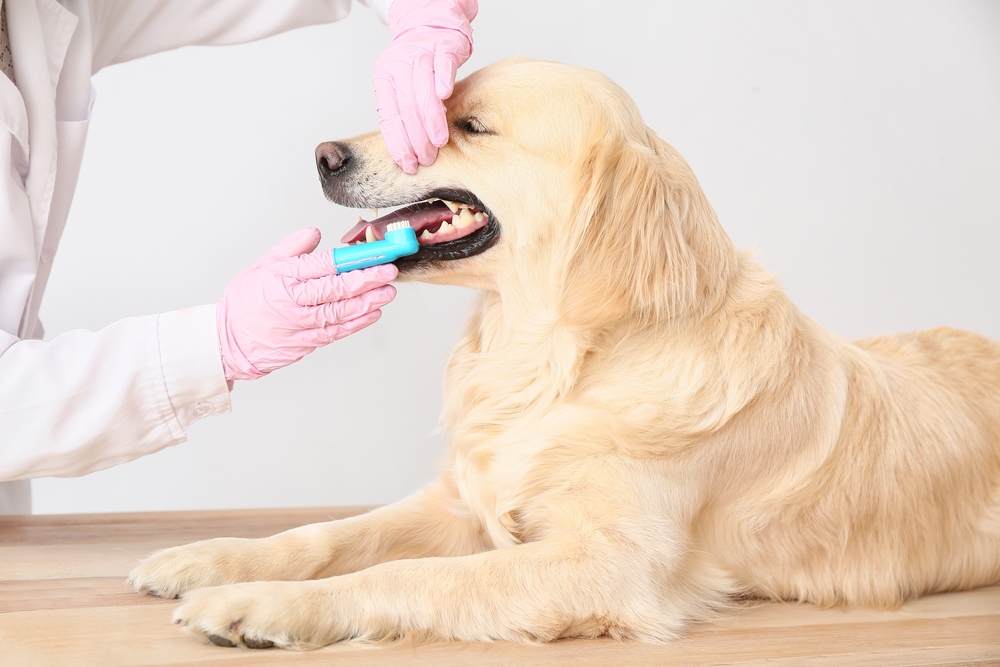
Oral health plays a major role in your pet’s overall wellness. What starts as plaque buildup and gum inflammation can eventually lead to more serious health issues affecting vital organs like the heart, liver, and kidneys. Understanding the connection between dental disease and internal organ health is essential for helping your pet live a longer, healthier life.
How Dental Disease Begins
Dental disease typically starts with plaque, a soft film of bacteria that builds up on the teeth. If not removed, it hardens into tartar and leads to gum inflammation, or gingivitis. Left unchecked, this condition can progress to periodontal disease, where the structures supporting the teeth break down. This chronic infection and inflammation in the mouth allow bacteria to enter the bloodstream and travel throughout the body.
Impact on the Heart
Bacteria that enter the bloodstream from infected gums can lodge in the heart valves and tissues, leading to a condition called endocarditis. This is a serious and sometimes life-threatening disease that causes inflammation in the inner lining of the heart. Pets with periodontal disease have been shown to be at increased risk for heart complications, especially older pets or those with preexisting heart conditions.
Liver Complications
The liver plays a key role in filtering toxins from the blood. When bacteria from dental disease circulate in your pet’s system, the liver works overtime to filter out these harmful invaders. Over time, this constant burden can cause inflammation or even permanent liver damage. Signs of liver stress may include jaundice, vomiting, and changes in appetite or energy levels.
Kidney Concerns
The kidneys are responsible for removing waste from the bloodstream. Just like the liver, they can become inflamed and damaged by the presence of oral bacteria circulating through the body. This may eventually lead to chronic kidney disease, a condition that can be difficult to manage and often irreversible. In many cases, pets with kidney disease show no symptoms until significant damage has occurred.
What Pet Owners Can Do
Preventing dental disease starts at home and continues with regular veterinary care. Daily tooth brushing, dental chews, and special diets can help control plaque and tartar. During your pet’s wellness visits, your veterinarian can perform oral exams and recommend professional cleanings when necessary. These cleanings are done under anesthesia to thoroughly remove plaque and tartar buildup above and below the gum line. In more advanced cases of dental disease, tooth extractions may be necessary to eliminate infection, relieve pain, and prevent further damage to surrounding teeth and tissues.
Schedule Your Pet’s Dental Exam Today
Dental health is a vital part of your pet’s overall well-being. When ignored, dental disease can lead to serious systemic problems, including heart, liver, and kidney complications. Regular dental care can help your pet live a longer, healthier life.
Schedule a dental exam at Claws & Paws Veterinary Hospital to help protect your pet’s health from tooth to tail. Visit our office in Pearland, Texas, or call (281) 997-1426 today.










